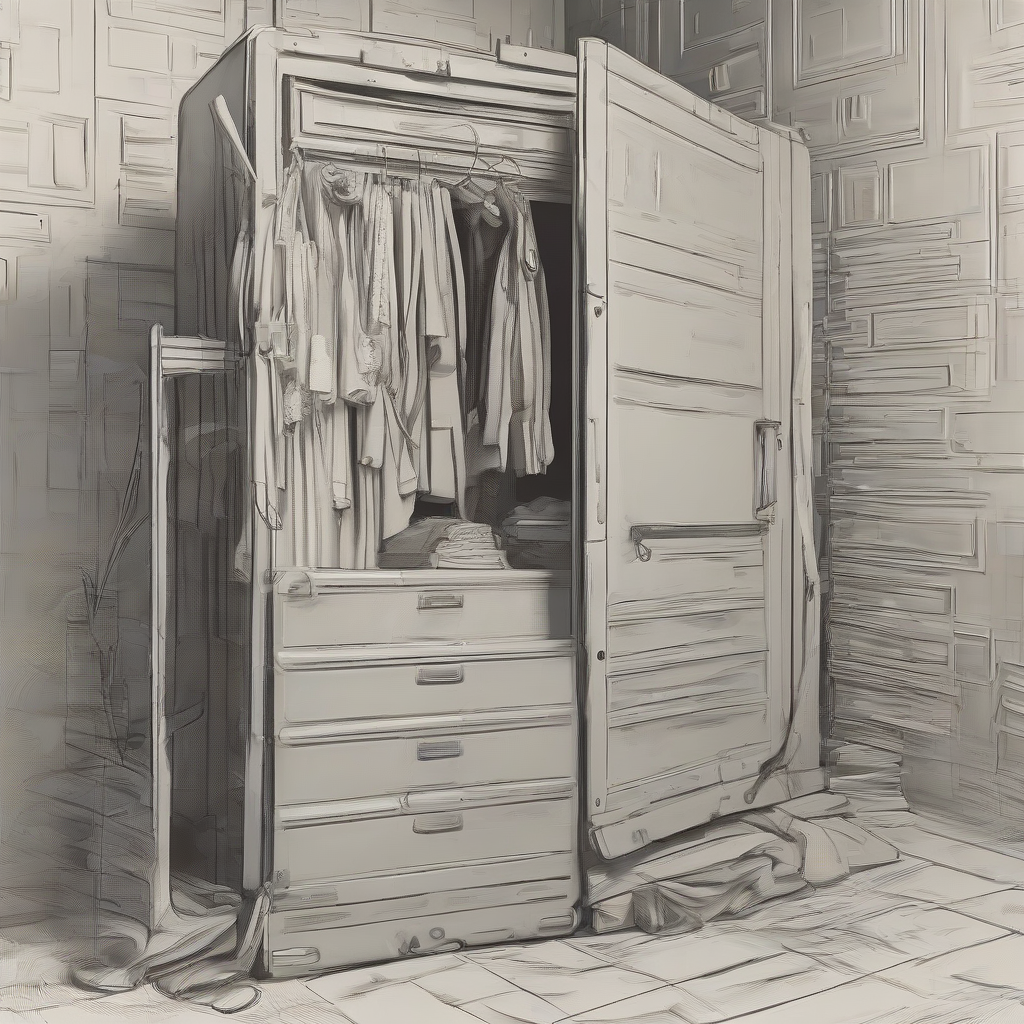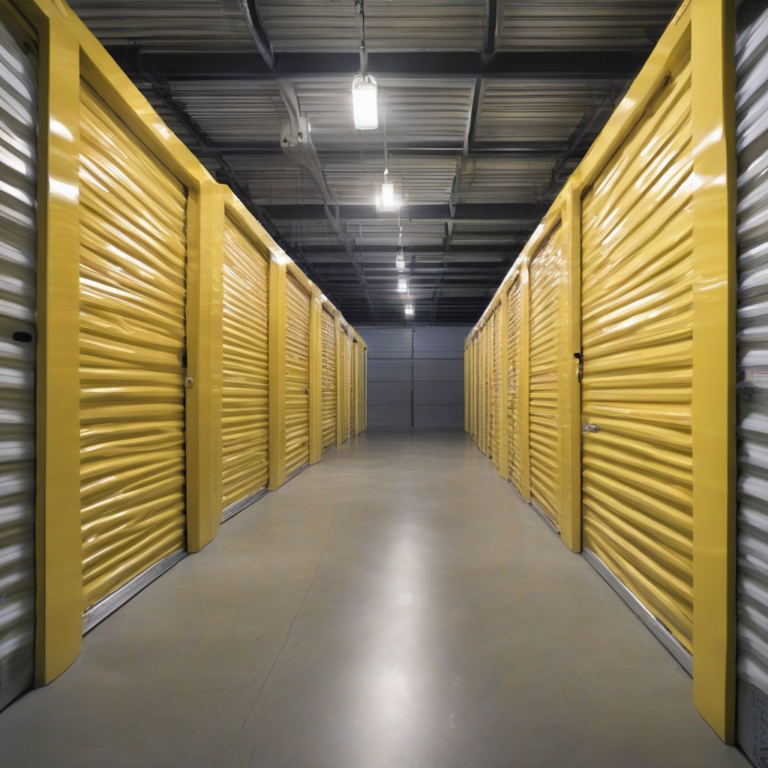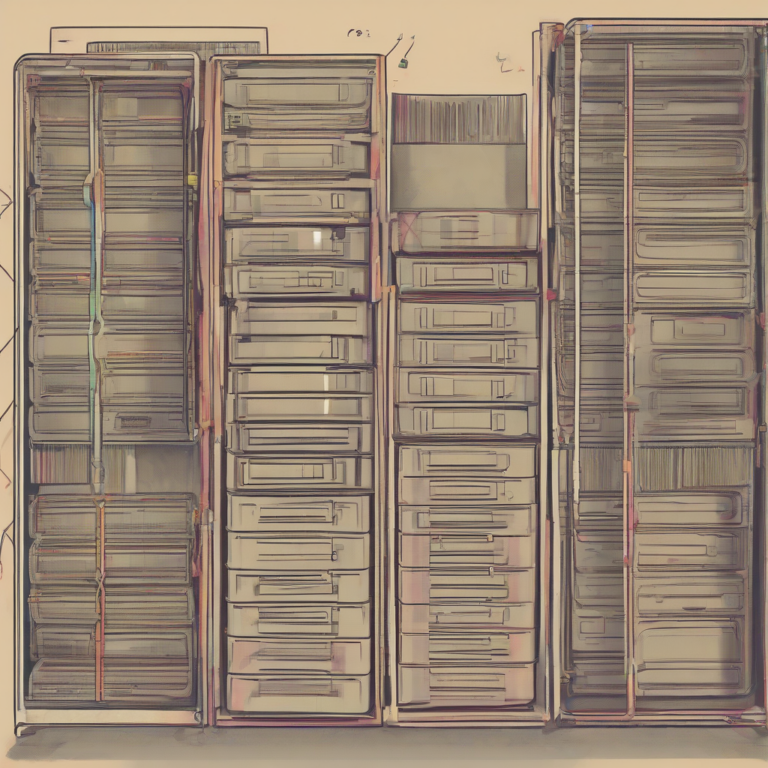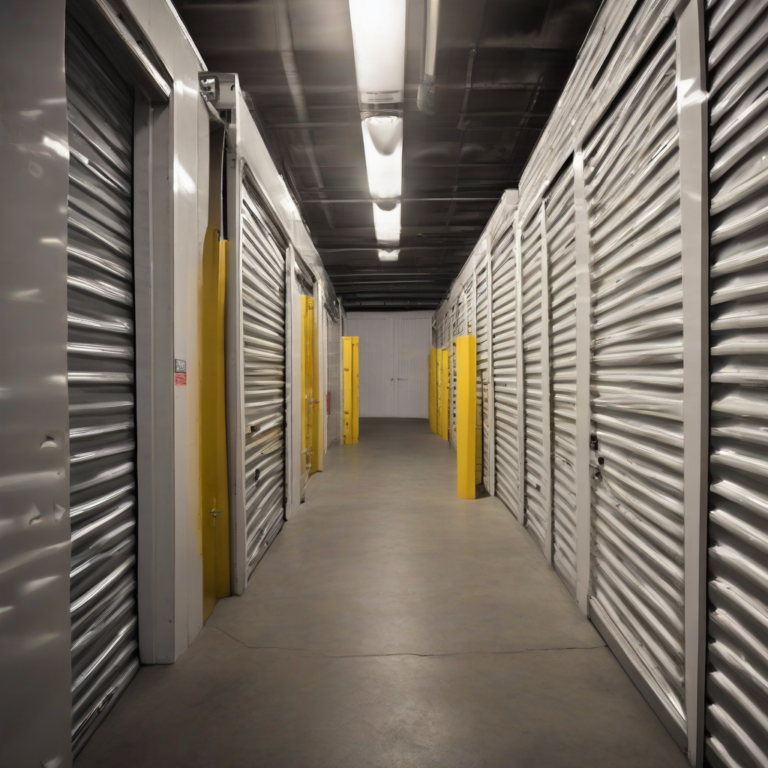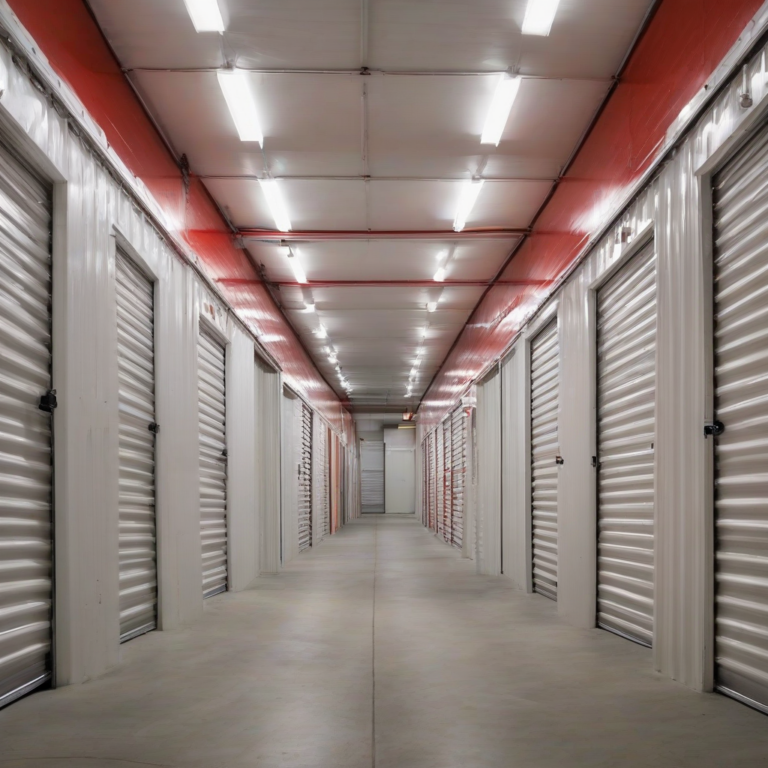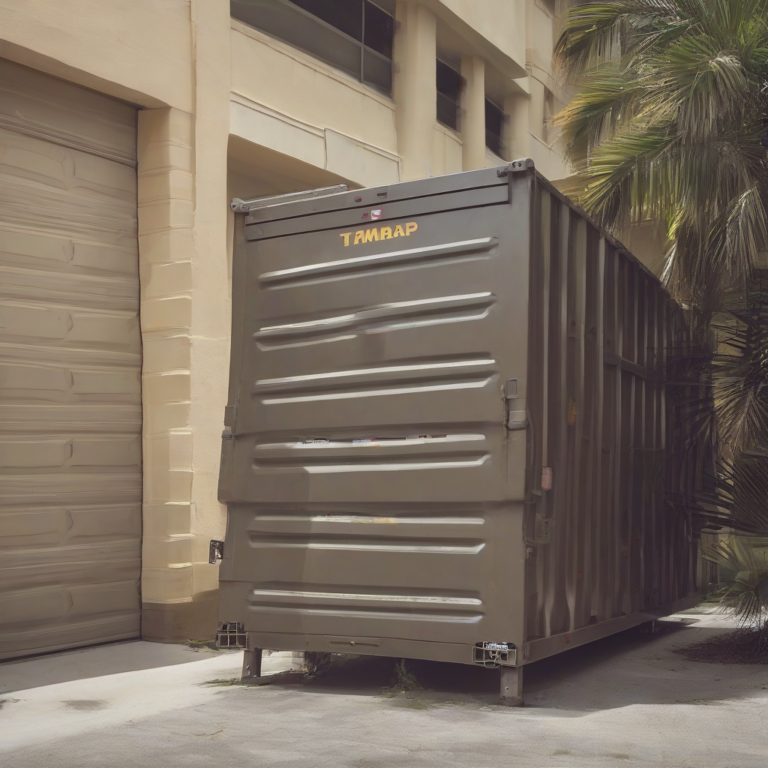Finding the Perfect Storage Solution Near You: A Comprehensive Guide
Finding the Perfect Storage Solution Near You: A Comprehensive Guide
The need for extra storage space arises for various reasons. Whether you’re decluttering your home, moving, renovating, or simply need a place to store seasonal items, finding reliable and convenient storage close to you is crucial. This guide will explore the different types of storage options available, factors to consider when choosing a facility, and how to find the best fit for your needs and budget.
Types of Storage Facilities Near You
- Self-Storage Units: These are individual units you rent, offering varying sizes to accommodate different storage needs. They are generally accessible 24/7 and offer a wide range of security features.
- Mini Storage Units: Smaller versions of self-storage units, ideal for storing smaller items or a limited number of boxes. These are often more affordable than larger units.
- Climate-Controlled Storage: These units maintain a consistent temperature and humidity level, protecting sensitive items from damage caused by extreme weather conditions. Ideal for furniture, electronics, and artwork.
- Drive-Up Storage Units: Units that are easily accessible from your vehicle, simplifying the loading and unloading process. Convenient for frequent access.
- Indoor Storage Units: Units located inside a climate-controlled building, providing maximum protection from the elements and enhanced security.
- Outdoor Storage Units: Units located outdoors, usually covered but exposed to the elements. Suitable for items less susceptible to weather damage.
- Commercial Storage: Larger storage units designed for businesses, often offering features like loading docks and increased security measures.
- Mobile Storage Containers: Storage containers delivered directly to your location, providing convenient on-site storage. Ideal for temporary or short-term needs.
Factors to Consider When Choosing Storage
- Location and Accessibility: Choose a facility that’s conveniently located and easily accessible, reducing travel time and effort.
- Security Features: Inquire about security measures such as surveillance cameras, gated access, and on-site security personnel to ensure the safety of your belongings.
- Unit Size and Price: Assess your storage needs carefully and choose a unit size that fits your requirements without overspending. Compare prices from different facilities.
- Climate Control: If you’re storing sensitive items, climate-controlled storage is essential to protect them from damage.
- Insurance Options: Consider whether the storage facility offers insurance or if you need to obtain your own coverage for your stored belongings.
- Lease Terms and Flexibility: Review the lease agreement carefully, paying attention to the length of the lease, renewal terms, and any early termination fees.
- Accessibility Hours: Check the facility’s operating hours to ensure they align with your schedule and access needs.
- Packing and Moving Supplies: Determine if the facility offers packing supplies or if you need to source them separately.
- Customer Reviews and Reputation: Check online reviews and ratings to gauge the facility’s reputation and customer satisfaction.
- Storage Unit Features: Some units offer features such as pest control, individual alarms, or even drive-in access. Consider your needs and choose accordingly.
Finding Storage Near You: A Step-by-Step Guide
- Use Online Search Engines: Search for “storage units near me,” “self storage [your city/zip code],” or similar terms to find nearby facilities.
- Utilize Online Storage Comparison Sites: Many websites allow you to compare prices, features, and reviews of various storage facilities in your area.
- Check Local Directories and Classifieds: Consult local business directories or classifieds for listings of self-storage facilities in your neighborhood.
- Visit Potential Facilities: Once you’ve narrowed down your options, visit the facilities in person to assess their cleanliness, security, and overall condition.
- Compare Quotes and Lease Agreements: Obtain quotes from multiple facilities and carefully review the lease agreements before signing.
- Read Reviews and Testimonials: Check online reviews and testimonials to get an idea of other customers’ experiences with the facility.
- Ask Questions: Don’t hesitate to ask questions about security, access, pricing, and any other concerns you may have.
Types of Items to Store
- Household Goods: Furniture, appliances, boxes of belongings, seasonal decorations.
- Business Inventory: Products, equipment, documents, supplies.
- Vehicle Storage: Cars, boats, motorcycles, RVs.
- Artwork and Collectibles: Paintings, sculptures, antiques, valuable items requiring climate control.
- Documents and Records: Important papers, financial records, business documents requiring secure storage.
- Sporting Goods: Bikes, skis, golf clubs, other bulky equipment.
- Construction Materials: Building supplies, tools, equipment for home renovation projects.
- Extra Furniture: Items not currently in use but too valuable to discard.
Tips for Efficient Storage
- Purge Unnecessary Items: Before renting storage, declutter and get rid of items you no longer need or use.
- Pack Smartly: Use sturdy boxes, label them clearly, and protect fragile items with padding.
- Inventory Your Belongings: Keep a detailed inventory of your stored items, including descriptions and photos, for insurance purposes.
- Protect Your Valuables: Take extra precautions to protect items of high value or sentimental significance.
- Regularly Inspect Your Items: Visit your storage unit periodically to check on the condition of your belongings.
- Maintain Proper Ventilation: Ensure adequate ventilation in your unit to prevent moisture buildup and mildew.
- Use Space Efficiently: Maximize space by stacking items carefully and using vertical storage solutions.
- Protect Against Pests: Use pest-repellent measures to prevent infestations.
Understanding Storage Costs
- Unit Size: The larger the unit, the higher the cost.
- Location: Storage units in more desirable or convenient locations tend to be more expensive.
- Climate Control: Climate-controlled units are generally more expensive than non-climate-controlled units.
- Lease Term: Longer lease terms may offer discounts.
- Insurance: Adding insurance to your storage plan will increase the overall cost.
- Administrative Fees: Some facilities may charge administrative fees or late payment penalties.
- Security Features: Enhanced security features may result in higher costs.
Legal Considerations and Contracts
- Read the Contract Carefully: Before signing any lease agreement, thoroughly review all terms and conditions.
- Understand Your Rights: Be aware of your rights as a tenant, including access to your unit and protection of your belongings.
- Liability: Understand the facility’s liability in case of damage or loss of your belongings.
- Payment Terms: Clearly understand the payment terms, including due dates and late payment penalties.
- Termination Clause: Review the terms for early termination of the lease agreement.
